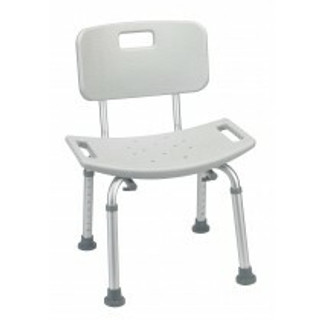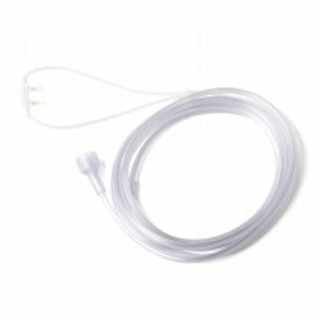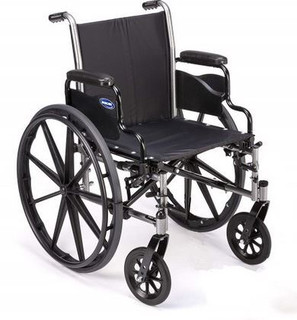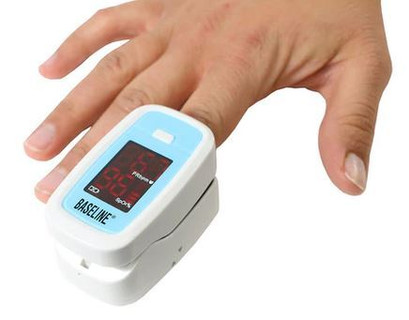A Guide For Effectively Planning When Your Caregiver Requests Time Off
When a caregiver takes time off, it's important to ensure that the person in need of care continues to receive the necessary support. Here’s how to manage the situation effectively:
1. Plan Ahead
- Advance Notice: Encourage the caregiver to give as much notice as possible before taking time off. This allows ample time to arrange for a substitute.
- Backup Plan: Have a list of reliable substitute caregivers or agencies that can provide coverage in the caregiver’s absence.
2. Arrange for a Substitute Caregiver
- Identify the Right Substitute: Use the backup list you’ve prepared or seek recommendations for a temporary caregiver who can step in.
- Provide Details: Ensure the substitute caregiver is briefed on the specific needs of the care recipient, including medical conditions, daily routines, medication schedules, and any special requirements.
- Orientation: If possible, have the regular caregiver introduce the substitute to the care recipient and go over the daily routine together before taking time off.
3. Notify the Care Recipient and Family
- Communicate Changes: Inform the care recipient and any family members involved in the care about the caregiver’s time off and the substitute arrangements.
- Reassure: Offer reassurance to the care recipient, especially if they are anxious about the change. Let them know the substitute is qualified and has been thoroughly briefed.
4. Document Important Information
- Care Plan: Provide the substitute caregiver with a written care plan that includes essential information like emergency contacts, medication schedules, and specific care instructions.
- Emergency Procedures: Make sure the substitute knows how to handle emergencies and has access to all necessary phone numbers and addresses.
5. Monitor the Situation
- Check-Ins: Regularly check in with the substitute caregiver to ensure everything is going smoothly.
- Feedback from Care Recipient: Speak with the care recipient to get their feedback on how they are adjusting to the temporary caregiver.
6. Review and Adjust if Necessary
- Evaluate Performance: After the regular caregiver returns, review how the situation was handled and whether the substitute met expectations.
- Adjust Plans: Make any necessary adjustments to your backup plan based on this experience to improve future arrangements.
7. Provide a Warm Welcome Back
- Transition Back: Ensure a smooth transition when the regular caregiver returns. They should be updated on any changes or incidents that occurred during their absence.
- Acknowledgment: Show appreciation for the substitute caregiver’s work and for the regular caregiver’s return, reinforcing a positive working relationship.
8. Emergency Situations
- Immediate Solutions: If the caregiver takes unexpected time off, quickly reach out to your backup list or a trusted agency to find a substitute.
- Remote Monitoring: If you can’t find a substitute immediately, consider using remote monitoring tools (e.g., video calls) to check in on the care recipient regularly until help arrives.
By planning ahead and communicating effectively, you can minimize disruption and ensure that the care recipient continues to receive quality care even when the primary caregiver is unavailable.
Whenever your caregiver takes time off you still need to assure that your loved one receives the ultimate in care which includes the continuation of their medical supplies. Turn to SafeWell Medical Supply for all of their medical product needs. With 1000's of quality name brand products from rollators and wheelchairs to bathroom and bedroom care products, all with fast and free shipping, you'll keep your loved one content and well cared for. Click on the logo below to see what SafeWell Medical Supply has to offer in medical supplies for your loved one!



















